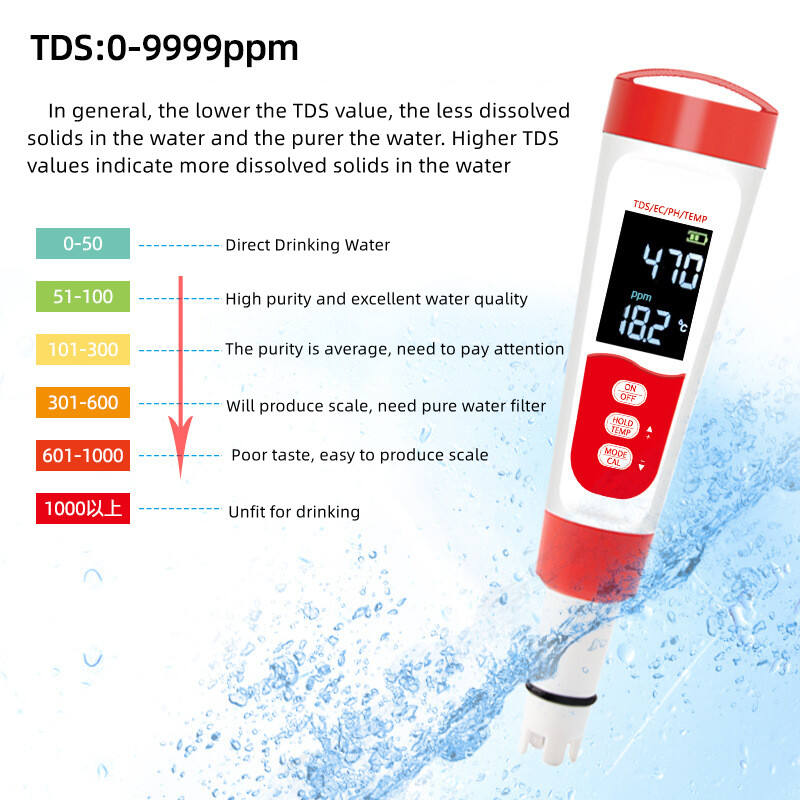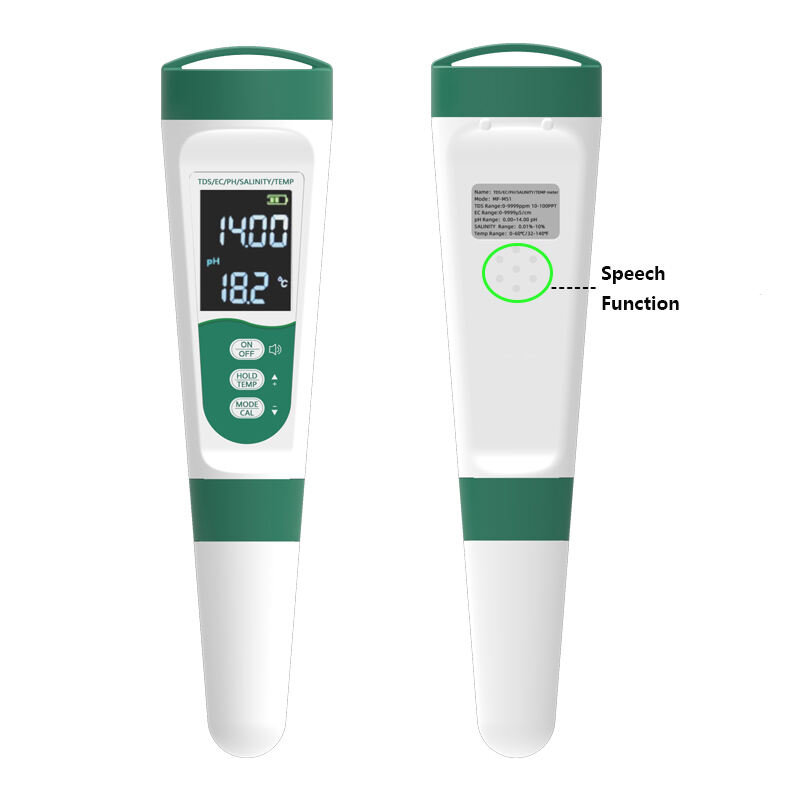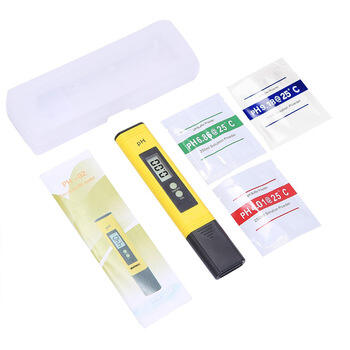ph meter machine
A pH meter machine is a sophisticated electronic device designed to measure the acidity or alkalinity of solutions with exceptional precision. This essential laboratory instrument combines advanced sensor technology with digital processing capabilities to provide accurate pH readings across a wide range of applications. The device consists of a sensitive electrode probe connected to an electronic meter that displays pH values on a digital screen. Modern pH meters incorporate temperature compensation features to ensure accuracy across varying conditions. The probe contains a special glass membrane that responds to hydrogen ion activity in solutions, while a reference electrode provides a stable comparison point. Most contemporary models offer additional features such as automatic calibration, data logging capabilities, and compatibility with different types of samples. These instruments can measure pH values from 0 to 14, with a typical accuracy of ±0.01 pH units. The technology behind pH meters has evolved to include smart features like automatic buffer recognition, electrode status indicators, and wireless connectivity for data transfer. These devices are indispensable in various sectors including water treatment, food production, pharmaceuticals, agriculture, and academic research, where precise pH measurements are crucial for quality control and process optimization.


